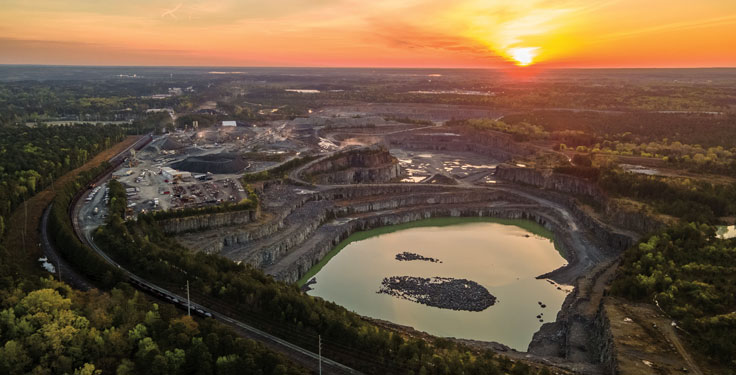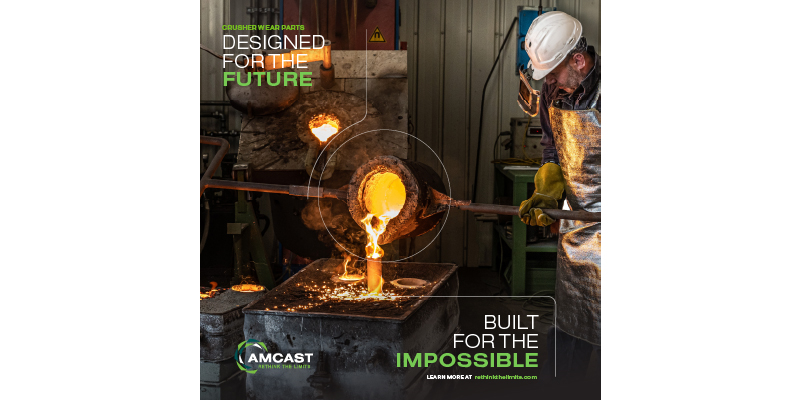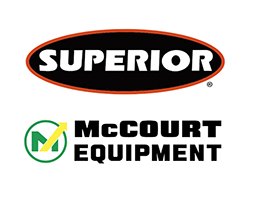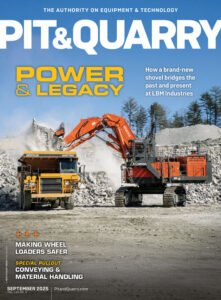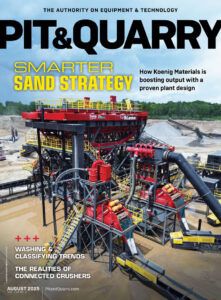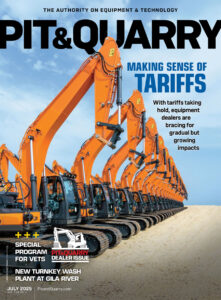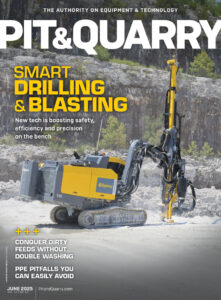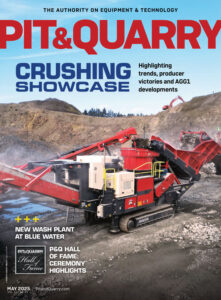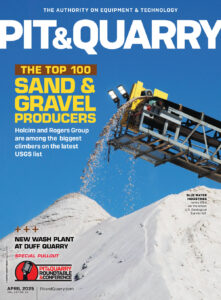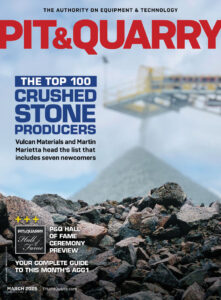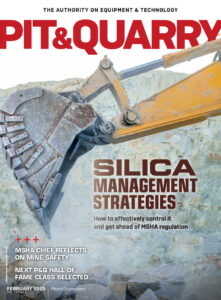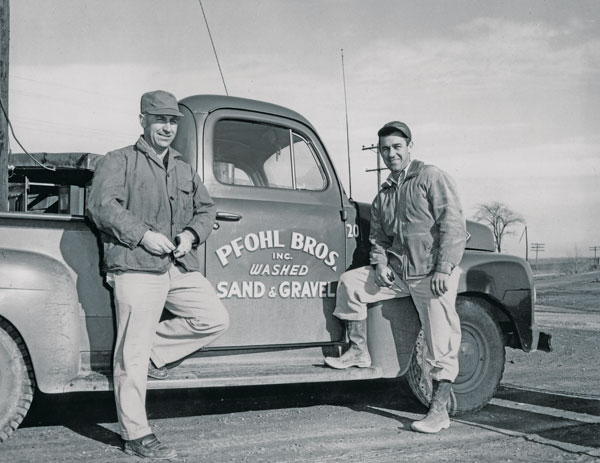
Consequently, Pfohl says the market has transitioned from industries such as agriculture, furniture and textiles to pharmaceuticals and technology.
“There’s a lot of different types of things that come forth here because of the client that’s very conducive toward innovation and business start-ups,” he says.
Sunrock ran operations in both New York and North Carolina until 2002, when its New York sites were sold. Through those years, however, Sunrock recognized the need to evolve with its markets.
“Throughout the country, every market is different,” Pfohl says. “The needs are different. The specs are different. Whatever resources are available in the ground are different. For us, the vertical integration became really part of what we had to do to exist in Buffalo.”
Pfohl describes the upstate New York market, for instance, as rather unique.
“In the quarry business in upstate New York, you were in the asphalt business at the same time,” Pfohl says. “There were no paving contractors that had asphalt plants. The quarries had them. So, we always were focused on the downstream products. That’s what I grew up with, and when I was 20 or 21 years old, I had three asphalt plants to take care of.
“The reality of it was that the quarry always provided materials for the downstream business,” he adds. “That’s kind of how we evolved in upstate New York.”
That approach is the one Sunrock deployed in North Carolina – and it’s been a winning formula there for the company.
“I think the vertical integration gives us versatility and diversity from a customer base,” says Zach Satterwhite, COO at Sunrock. “We don’t just have one single customer base. We’re able to go into commercial, residential, DOT [and] municipality. It gives us the ability to adapt to the market.”
Back to the (far) north
Sunrock ventured into yet another new market in 2019, expanding into Canada with the purchase of a quarry in Burnt River, Ontario.
The decision to expand into Canada five years ago was based on an outlook that resembled the one Sunrock had in the early 1980s about North Carolina.
“Canada gets about a half a million people a year legally, and about two-thirds of them end up in southern Ontario,” Pfohl says. “It creates a major demand on an annual basis for everything we do.
“We’re very optimistic about the future,” he adds. “We have a nice position up there. It’s a beginning business – a start-up to some degree – and it’s going to get bigger as time goes on, like any of these businesses do.”
Fortunately, a demand for materials is already present in the market.
“What we need to have a business continues to exist in a place like that – like it did in Raleigh, except it’s just a whole lot faster up there than it was here,” Pfohl says.
Secrets to success
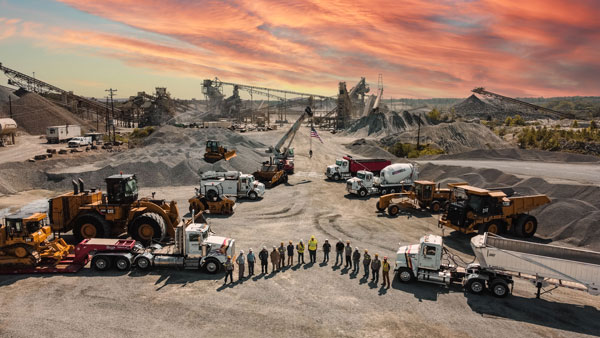
From Satterwhite’s view, Sunrock has long had the foresight to position itself in markets where tremendous growth will come.
“One thing I would say if you asked me about Sunrock and Mr. Pfohl specifically is about vision,” Satterwhite says. “We all look at running the business day to day. How do we do today, and what’s tomorrow look like?
“He’s always looked at a 10- to a 15- to a 25-plus-year plan,” Satterwhite adds. “When you are in the quarry business, obviously you’re not looking at what it’s going to do tomorrow; you’re looking at the life of the quarry and what ability that quarry has to service the market.”
As an 18-year Sunrock employee, Satterwhite says that long-term outlook makes the company an exciting one to work for.
“It’s exciting for the young people that we have here and the people who really see an overall vision of, not just what tomorrow looks like, but what does 25 years from now look like,” Satterwhite says.
Conversely, Pfohl says Sunrock’s employees are truly the ones who’ve contributed to the company’s longevity.
“Without our employees, colleagues, associates – everybody’s got a million different names for them these days – but it’s really about the folks who make it happen,” he says. “Without the folks, it ain’t going to happen. It’s that simple.”
Related: Sunrock, Sykes Supply leaders reflect on the industry (Part 1)

